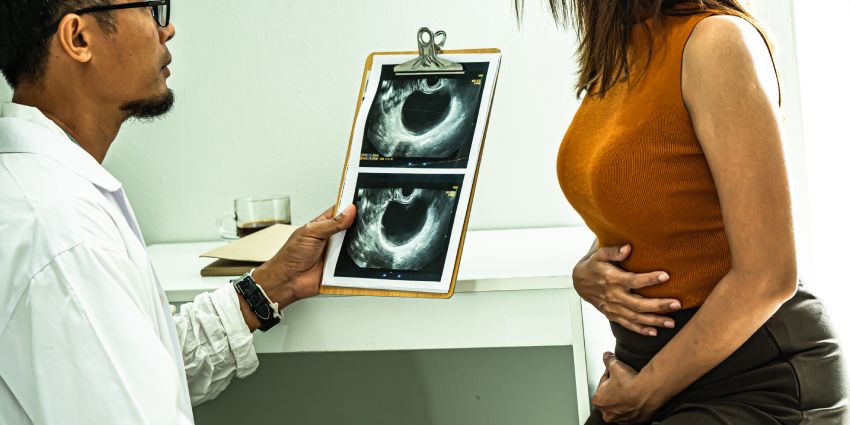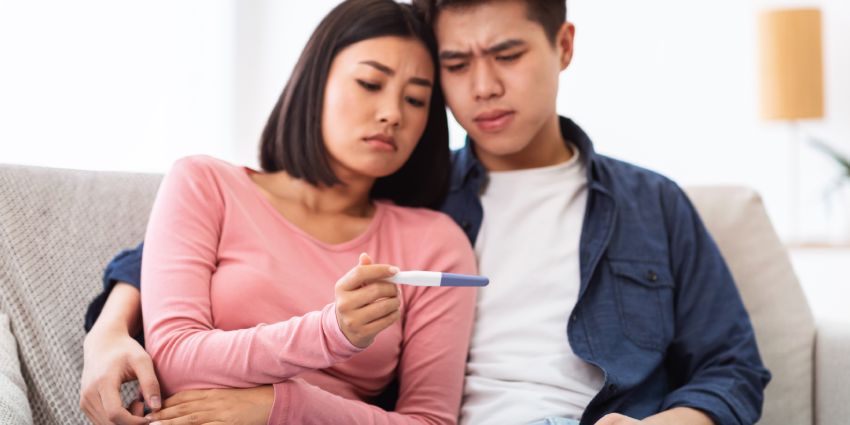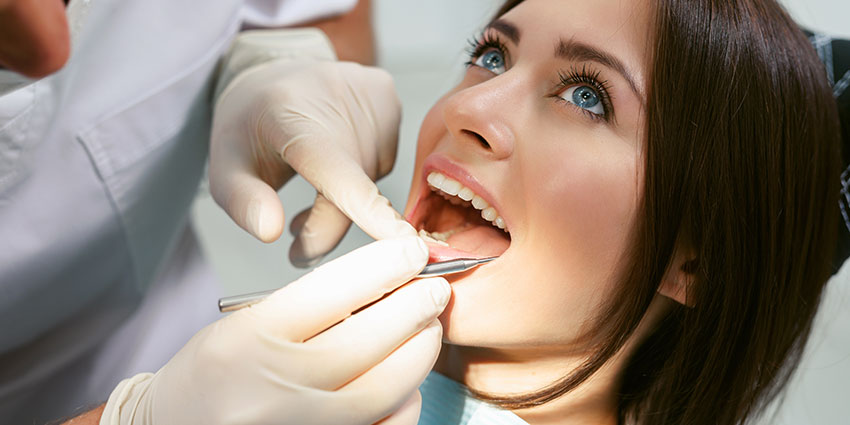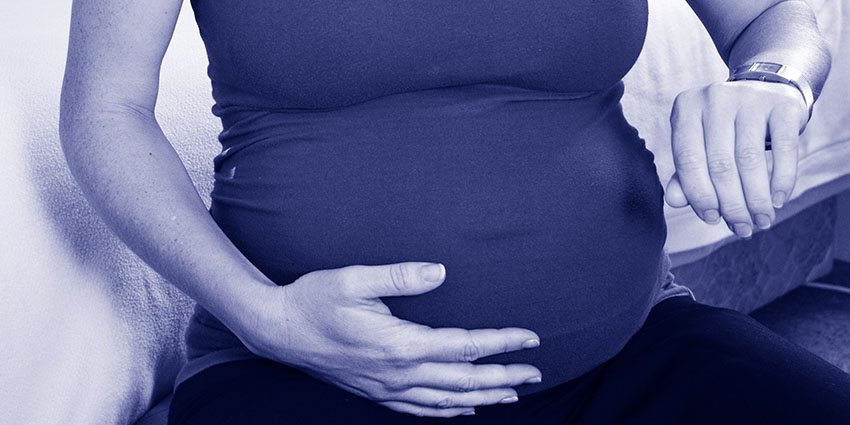What is Endometriosis?
Endometrial tissue normally grows inside the lining of the uterus during the month after a woman starts her menstrual cycles. This process happens each month because of hormones that she produces or takes as medication unless the woman becomes pregnant, experiences hormonal irregularities, or reaches menopause.
Endometriosis is a female condition in which some endometrial tissue is found in places other than the lining of the uterus. About 10-15% of women may be diagnosed with endometriosis during their reproductive life. The diagnosis is usually made in women between 30-40 years old, though endometriosis can be found in teenage women up to menopause. The condition is also found in families, so it is helpful to know if a mother, sister, or other close relatives have been diagnosed or treated for endometriosis.
Pain or abnormal bleeding are common symptoms of endometriosis. The diagnosis of the condition is made by an outpatient minimally invasive surgery (diagnostic laparoscopy). Treatment during is sometimes possible. More general information about this condition may be found in the Stork Advisor section on Women’s Health entitled, “Endometriosis.”
How does Endometriosis cause problems for women?
Tissue inflammation occurs when the endometrial glandular tissue is in an abnormal place. The inflammation is a chronic problem that can result in scar formation and development of scar tissue (adhesions). The adhesions may cause organ surfaces to stick together. Sometimes, adhesions create anatomic distortion and possible anatomic damage to the pelvic organs. Scars may become stiff over time. Then, the pelvic organs are rigidly positioned in place without the normal flexibility found from the surrounding tissue.
This change may lead to other symptoms as pain and pain with intercourse. A pelvic ultrasound does not clearly demonstrate the presence or absence of adhesions. The ultrasound may appear normal even though endometriosis is present. Often, the woman will experience unpleasant symptoms without any explanation (unless she has had a diagnostic laparoscopy). Then, the woman may begin to question her experience. She may think to herself that “something is wrong with her. Could all this pain really be imaginary? Maybe it’s all in my head.”
Can Endometriosis cause infertility?
Endometriosis is found in 40-50% of women who have been diagnosed with infertility. Various theories have been suggested to explain the connection. There are possible obvious causes such as anatomic distortion from scarring. For example, a woman normally has two Fallopian tubes about 3-4 inches in length. The inside of the tube is tiny (0.05 inch)! The tubes are delicate structures where the egg and sperm typically meet for conception. If an inflammatory condition causes scar tissue to form, the tube may become twisted or blocked so that the egg and sperm do not meet.
Severe adhesions can affect the ovaries. Then, there could be a problem with the egg reaching the outer end of the Fallopian tube. The end of the Fallopian tube is supposed to be open. If the end is scarred, the egg cannot enter the end of the tube.
There are other possible theories concerning how endometriosis may cause infertility. Problems with ovulation and bleeding may occur. Numerous theories exist concerning the different ways pelvic inflammation develops that subsequently prevent pregnancy.
Another issue has been reported that the condition of the uterus may be affected. Once the egg is the fertilized in the Fallopian tube, it must travel through the remainder of the tube in the direction of the uterus. There, the fertilized egg is supposed to implant where it will grow for almost 9 months. Endometriosis can also affect the uterus (adenomyosis). The inflammation from the condition may cause the uterus to abnormally contract which could possibly prevent the fertilized egg from a normal implantation.
Can endometriosis be treated in the case of infertility?
Treatment of endometriosis should be individualized based upon the woman’s symptoms and plans. Surgical treatment may be conservatively performed when the couple desires future pregnancy. The endometriotic implants can be excised or destroyed if the location of the endometriosis is in a safe place for such treatment. Adhesions may be freed to improve anatomic distortion. This condition can be problematic for the woman and the surgeon who wants the best result for the patient. In severe cases of endometriosis, there is a limit to what may be surgically accomplished to preserve the fertility options.
Medical treatment is available for endometriosis. However, if a couple is pursuing pregnancy, some medications would not be appropriate. Oral contraceptives (“birth control pills”) may help symptoms of pain and bleeding, but they also prevent ovulation. There are other specialized hormonal medications known as gonadotropin-releasing hormone agonists which prevent the growth of new endometriosis tissue; however, it is not used when pregnancy is the current goal. Pain medication is acceptable, but narcotics should be avoided for long-term use.
Studies have shown that there is an increased chance to become pregnant with a combination of intervention. Surgical treatment followed by the specific recommendations of a reproductive endocrinologist can often help couples overcome infertility.







